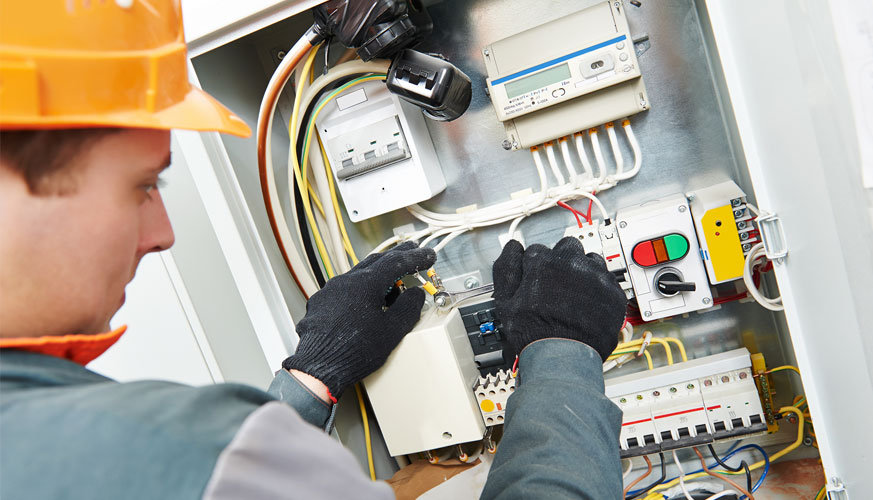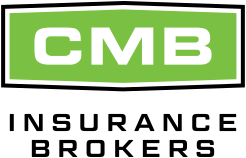Edmonton Electrical Contractor’s Insurance
As an electrical contractor, insurance is essential for protecting you against the unique risks associated with your trade. Protect yourself from potential liabilities such as third-party injuries and property damage that could occur during the installation process. Don’t let a mistake or accident derail your business, let us make sure you have the insurance coverage you need.
Proper insurance coverage is vital in the electrical contracting industry
Too often, insurance providers offer standard, packaged solutions they assume will work for all electricians. Our specialists in construction risk will work with you to review your portfolio, identify any associated exposures and draw up a custom solution that’s suited to your unique needs. Whether you are a tradesperson working alone, a large construction firm or an independent engineer/architect, our over 30 years of in-depth experience in working with the electrical contracting industry have given us the unique expertise to craft coverage that’s specific to you and your business.
Why do I need Electrician’s Insurance?
- Protection for property, tool, supply and equipment losses due to fire, vandalism, theft and more
- Protection for equipment breakdowns
- Protection for liability losses due to injury or third-party property damage
- Protection for errors and omissions
- Protection for loss of income due to business interruption and more
- Protection for automobile losses due to accidents and vandalism
- Protection for cyber losses due to data loss, credit card breach and other digital threats

Electrical Contractor’s face unique risks
As an electrical contractor the risks you face are unique to you and your insurance should reflect that. Electrician’s Insurance will provide coverage for anything from property damage and injury to theft of tools.
Property Exposures:
-
If there is considerable storage of electrical wire and cable there is increased risk. The wire is not combustible but the cabling produces a black oily smoke when burnt and can be difficult to extinguish once started. Proper storage with good aisle space is important for preventing fires. Property exposures at the electrical contractor’s own location usually consist of an office operation, material, equipment, and vehicle storage.
Inland Marine Exposures:
-
Inland marine exposure consists mainly of employee tools and ladders unless there is line construction. Line construction may mean cherry pickers and other such equipment. Transportation exposure will be for the material. Large cables may be awkward and require special handling and tie-down procedures. Theft may be an exposure. Copper, cable, and wiring have high resale value to other contractors and can be target items. Also, there may be rented or leased equipment to consider.
Occupier’s Liability
-
Occupier’s Liability is mainly a job site exposure. Inside the buildings care must be taken to control the electrical flow as lines are installed in existing structures. Damage to customer’s property due to power surge must be controlled especially with any computer-related equipment. The installation of machinery must be done so as to prevent damage to the new machinery and any existing machinery that it is linked to. Proper overload controls must be in place. Exterior electrical contractors must notify other utilities to prevent down time to their customers and must prevent surges to their own customers. In addition, there is the concern of working overhead and protection of pedestrians. Environmental concerns may exist if the electrical contractor is responsible for the disposal of old capacitors. The disposal process is important.
Completed Operations Exposures
- Completed operations can be a concern, especially in the area of faulty workmanship. Significant property and bodily injury losses can occur from improperly installed electrical work. If any security alarm or safety alarm work is done, products exposures increase.
Workplace Safety Exposure
- Workplace safety exposure is most clearly the threat of live wires – including overhead power lines, underground cables and interior wiring, but also includes the above ground exposures of falling from heights and the underground exposures of digging and potentially striking and damaging existing utilities.
Automobile Exposures
- If if heavy equipment and lifting devices are transported for cable laying, the transport of both the equipment and cable require coverage.
Electrical Contractors we cover include:
- Self-Employed Electricians
- Commercial Electricians
- Home/Residential Electricians
What types of Business Insurance do I need?
There are many types of insurance policies that our experts can advise you on and package to meet your specific needs, such as:
- Commercial General Liability
- Commercial Property Insurance
- Business Interruption Insurance
- Pollution Liability Insurance
- Professional Liability Insurance
- Product Liability Insurance
- Equipment Breakdown Insurance
- Commercial Auto Insurance
- Cyber Insurance

